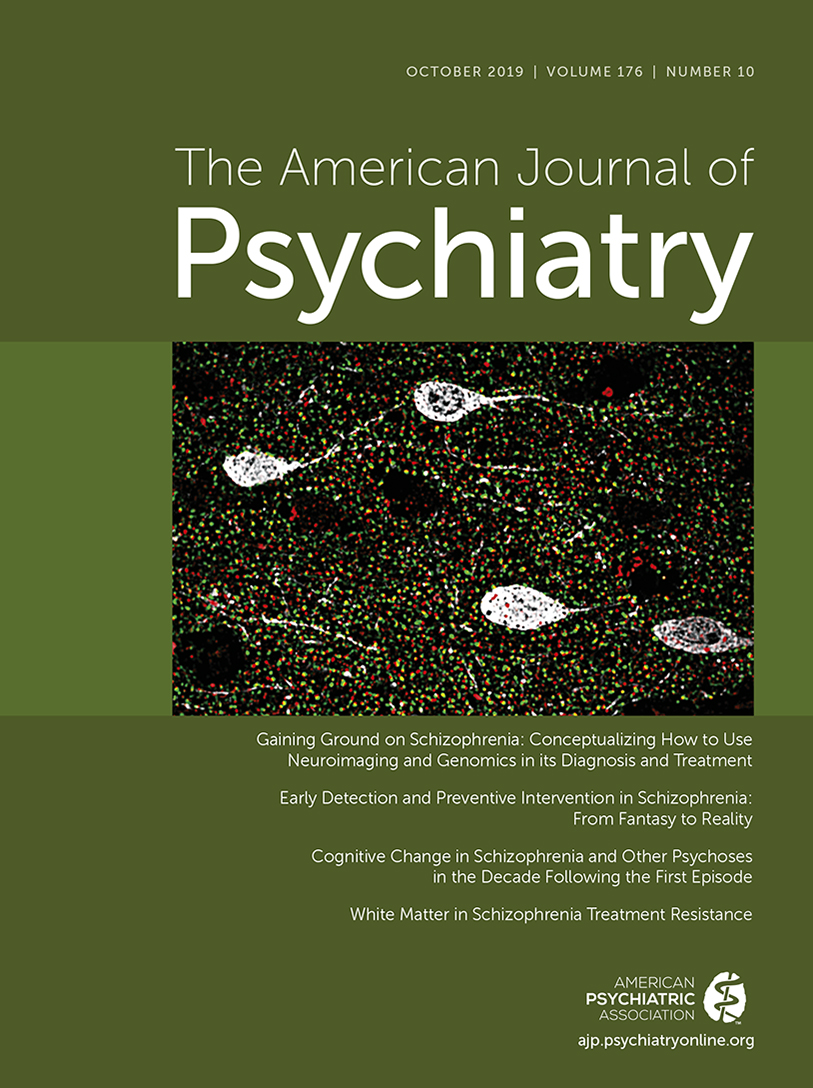Highlights From the Residents’ Journal: September 2019
The Residents’ Journal is a quarterly e-publication that serves as a forum for resident physicians and fellows to share ideas and experiences in training, clinical practice, research, and careers.
An Interventional Psychiatry Track
Joshua C. Brown, M.D., Ph.D.
“Interventional psychiatry” has been proposed as a name for the emerging psychiatric subspecialty of neuromodulation, or brain stimulation. The practices of electroconvulsive therapy and transcranial magnetic stimulation are rapidly expanding. Moreover, research techniques, such as neuronavigation and electrophysiology, are already translating to the clinic, further emphasizing the need for training paradigms to keep pace. The purpose of this article is to provide practical guidance for psychiatry residents who seek further training in this emerging subspecialty. It describes a training track developed at the Medical University of South Carolina that can be adopted by other institutions.
Peripheral Inflammatory Conditions and the Influence on Central Processes: The Case of a Child in Crisis
Eric L. Goldwaser, D.O., Ph.D., Roger H. Liu, D.O., Stephen Mateka, D.O., Isabella Slaby, B.S.
Our understanding of the connection between psychiatry and neurology grows with interdisciplinary approaches. Clinically, the immune system has shown to be a crucial factor in the pathoetiologies of otherwise psychiatric manifestations, as in the case of pediatric autoimmune neuropsychiatric disorder associated with streptococcal infection (PANDAS). An expanding spectrum of similarly produced syndromes is recognized as the clinical neuroscientific community shares awareness of curious patient presentations. We share the case of a child who developed neuropsychiatric features temporally related to peripheral infections outside of the classical paradigm of PANDAS, and argue that the immunologic influence on behavior may be more robust and disparate than previously acknowledged.
Poststroke Mania: Cardioembolic Multifocal Right Hemispheric Stroke Leading to Secondary Mania
Jed P. Mangal, M.D.
Poststroke neuropsychiatric symptoms have been noted to be frequent complications of stroke, with estimates of prevalence as high as 80%. In contrast to poststroke depression, poststroke mania is a relatively rare occurrence, with limited available data to inform natural history disease models and evidence-based therapy. The author presents a case of a 53-year-old male who experienced a cardioembolic stroke causing multifocal right frontal lesions, including lesions to the orbitofrontal cortex, which resulted in a subacute presentation of poststroke mania. Included is a brief literature review of previously published presentations and therapeutic strategies for poststroke mania.
Also In This Issue
Friend or Foe? Embracing Feedback in Medical Training
Rachel Dillinger, M.D.
The Days Are Long, but the Months Are Short: A Look Back at Intern Year
Shirin Vartak, D.O.
Hysteria to Functional Neurologic Disorders: A Historical Perspective
Maureen Cassady, M.D.
Psychosis of Epilepsy: A Case Report of Psychosis in a Negative Continuous Electroencephalogram
Josh Eloge, M.D.



